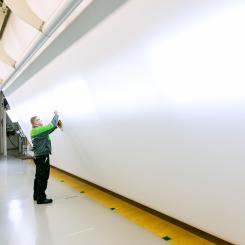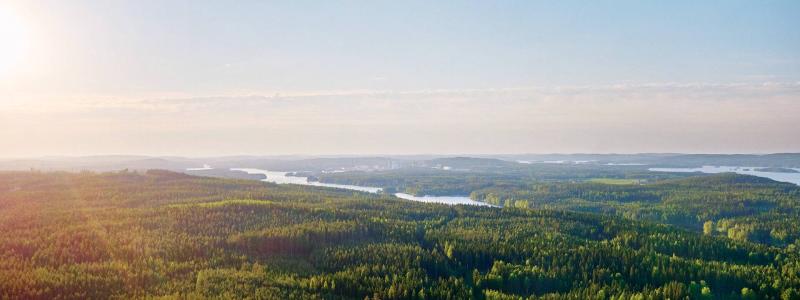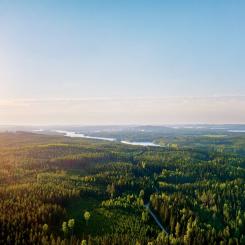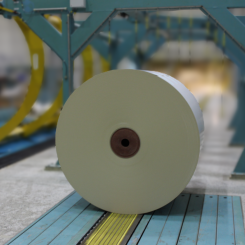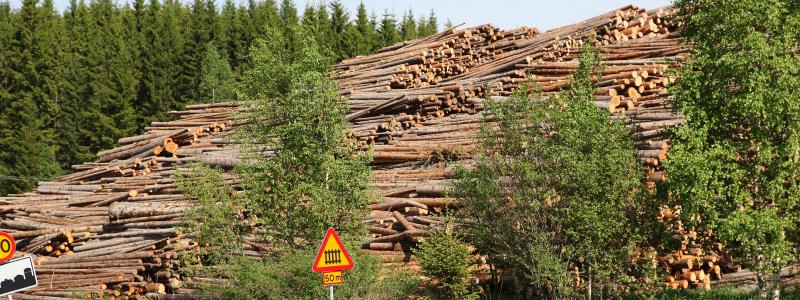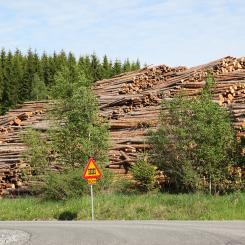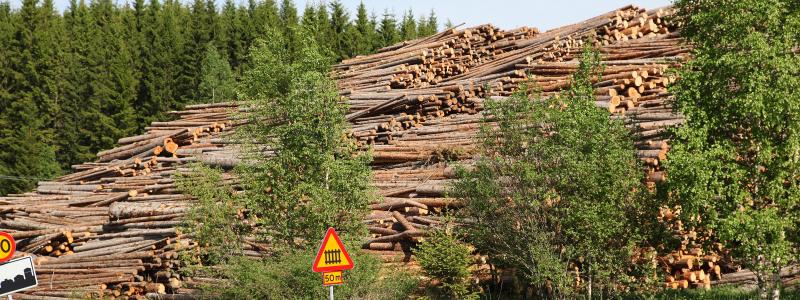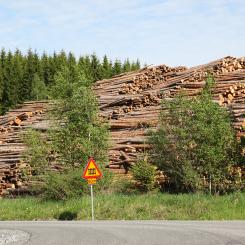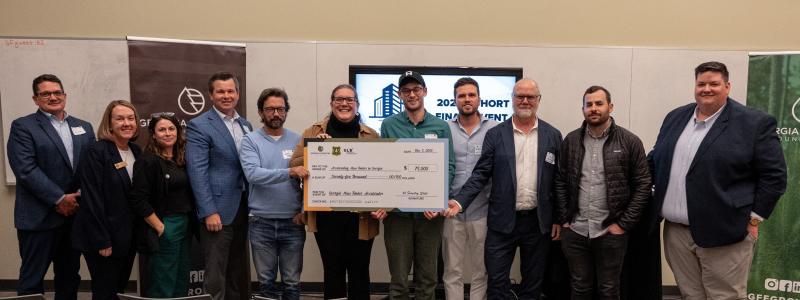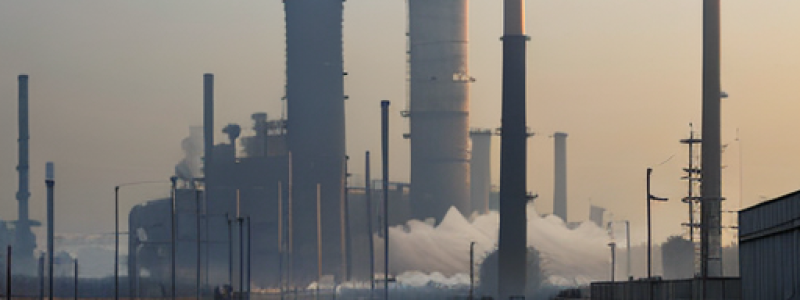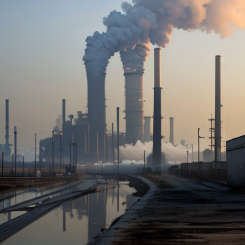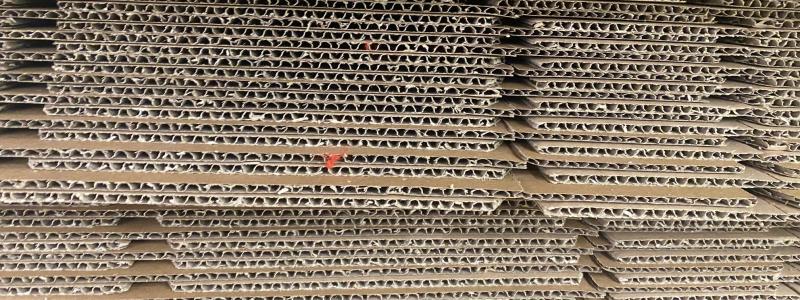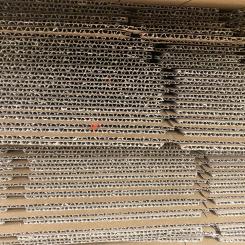Recent studies show a link between and wildfires across Canada, with fire risk predicted to increase as temperatures rise, according to Pacific Institute for Climate Solutions. In addition, the forest, parks, and agricultural landscapes of BC are now scattered with subdivisions, campgrounds, ranches, lodges and industrial sites that are vulnerable to wildfire.
As a consequence, the urban/forest interface is growing rapidly, and communities across BC – especially in the interior – are implementing preventive forest management practices to reduce the risk of wildfires. These activities are generating woody debris from a reduction in stand density, which traditionally has been burnt on site, but could potentially be used as a substitute for conventional, carbon-intensive energy sources, such as propane or heating oil, in rural communities. At current prices, propane is twice as expensive as wood pellets, if not more in remote areas, and heating oil is even more costly, so that there are both environmental and economic reasons for the use of such woody debris as a source of energy. Intensive biomass extractions, however, could cause a depletion of nutrient pools and reduce forest fertility.
In this talk, Dr. Blanco introduces the first results of a project funded under the PICS Carbon Management in BC Forests theme, that has been implemented by a multi-disciplinary team from UBC, the Community Energy Association and the Green Heat Initiative. Based on ecological modelling and mapping, this project has created a tool that gives rural communities a framework for the potential energy, economical and ecological dimensions of linking bioenergy generation with wildfire prevention.










